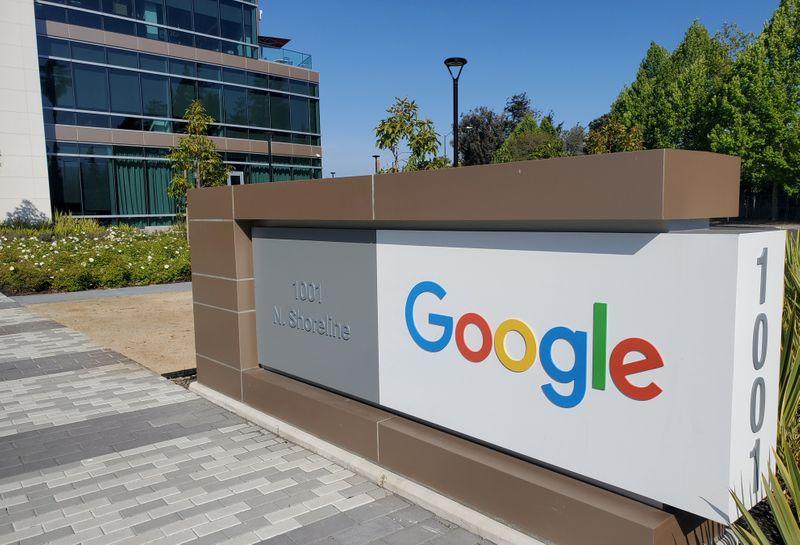
Texas, Indiana, Washington State and the District of Columbia sued Alphabet Inc’s Google on Monday over what they called deceptive location-tracking practices that invade users’ privacy.
“Google falsely led consumers to believe that changing their account and device settings would allow customers to protect their privacy and control what personal data the company could access,” Washington, DC, Attorney General Karl Racine’s office said in a statement.
Yet Google “continues to systematically surveil customers and profit from customer data,” the statement said, calling the practice “a clear violation of consumers’ privacy.”
Google spokesperson Jose Castaneda said the “attorneys general are bringing a case based on inaccurate claims and outdated assertions about our settings. We have always built privacy features into our products and provided robust controls for location data. We will vigorously defend ourselves and set the record straight.”
Texas Attorney General Ken Paxton alleged Google misled consumers by continuing to track their location even when users sought to prevent it.
Google has a “Location History” setting and informs users if they turn it off “the places you go are no longer stored,” Texas said.
Google “continues to track users’ location through other settings and methods that it fails to adequately disclose,” Texas said.
Washington state Attorney General Bob Ferguson said in 2020, Google made nearly $150 billion from advertising. “Location data is key to Google’s advertising business. Consequently, it has a financial incentive to dissuade users from withholding access to that data,” Ferguson’s office said in a statement Monday.
In May 2020, Arizona filed a similar lawsuit against Google over a collection of user location data. That lawsuit is pending.
Democratic Senator Richard Blumenthal said “the stunning allegations in this bipartisan suit by four attorneys general show, yet again, that tech companies continue to mislead, deceive, and prioritize profits over protecting user privacy.”
He said “Congress must urgently meet this moment in the privacy crisis by passing a comprehensive law that provides the privacy protections that Americans need and deserve.”








